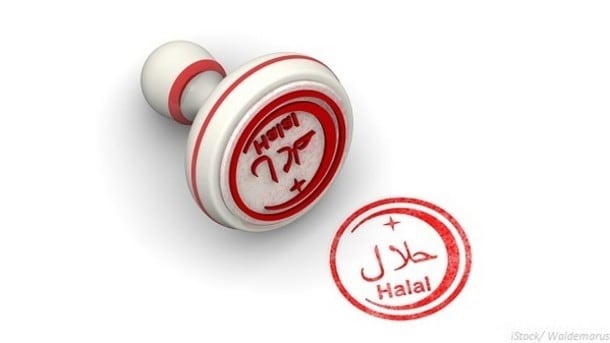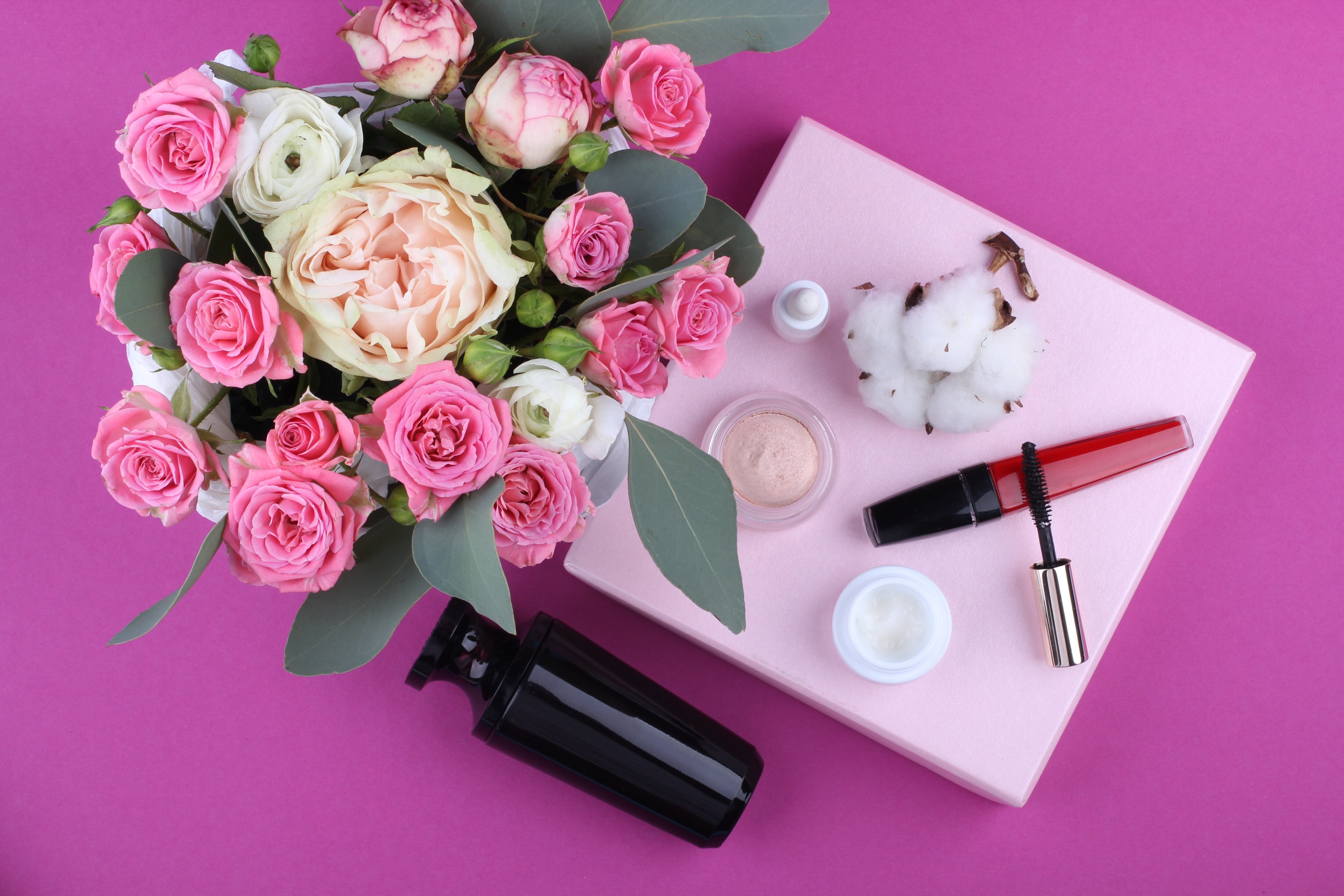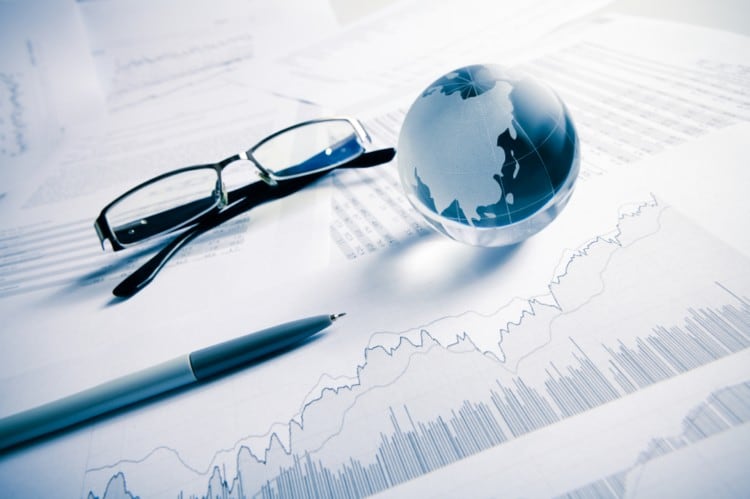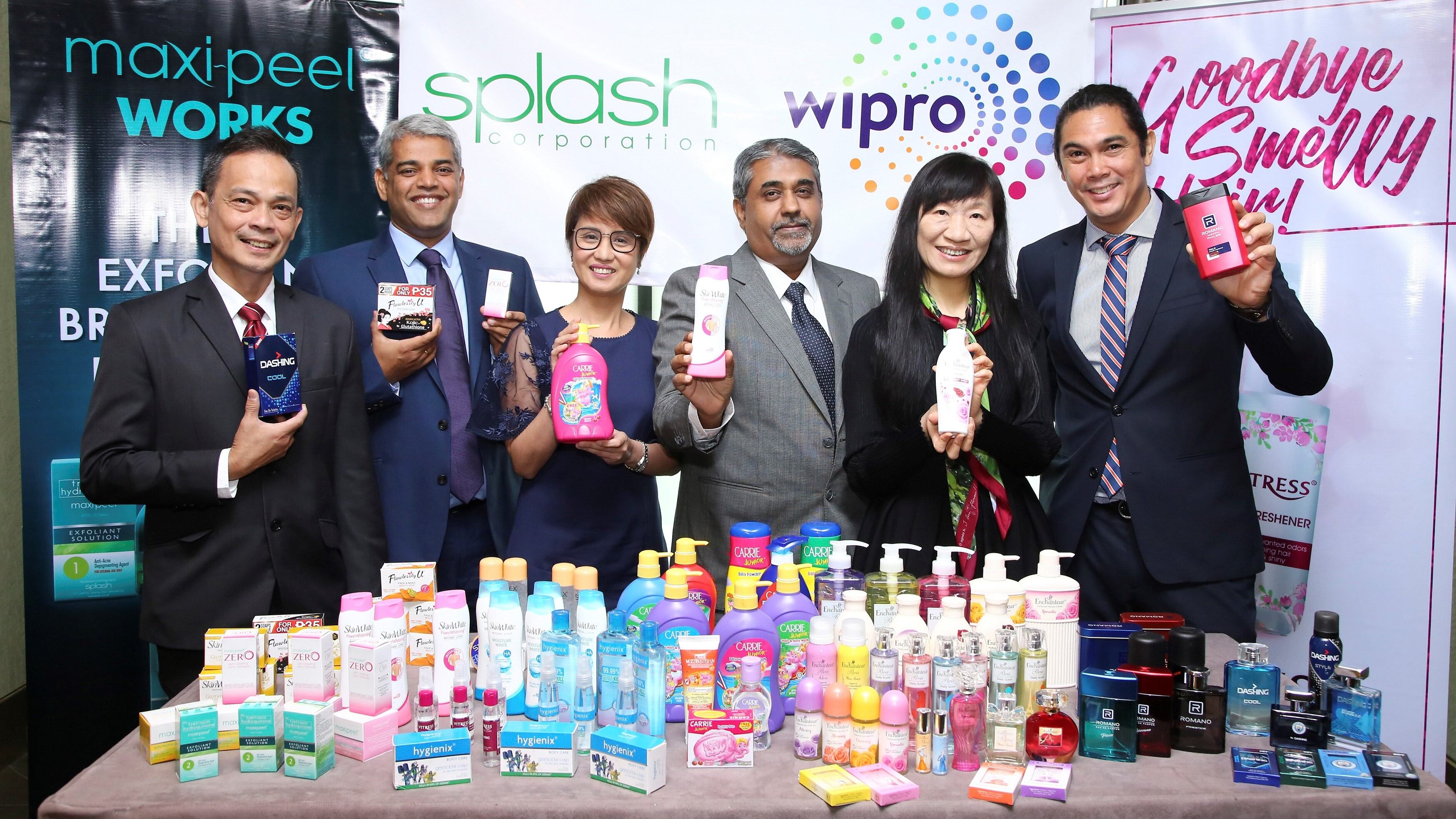That is according to an analysis of the segment by Research and Markets, which forecasts annual growth of 12.3%, to be worth over $52bn by 2025.
Driven by demand from the ever-strengthening global Islamic economy, the report says both large- and small-scale manufacturers have been increasingly tapping into the market.
Growing demand for halal
Analysts believe this trend is being further bolstered by growing concern among non-Muslim consumers about the usage of animal-derived ingredients, such as gelatin and collagen. These have prompted increasingly more brand names in the wider cosmetics industry to release more halal-certified products.
The Middle East and Africa accounted for about 18% of global revenues for halal cosmetics in 2018, and counts as the second biggest market in the segment, after Asia, and was valued at just over $4bn last year, according to Research and Markets.
All eyes are due to focus on Indonesia, where halal beauty is on the verge of going mainstream. It is also currently preparing to implement a new law that makes halal certificates mandatory for all food, medicine and cosmetics manufacturers locally, and exporters to obtain halal certificates for products entering the market from overseas.
According to a survey from last year, 58% of women in Indonesia now prefer to use halal cosmetics. They place a greater emphasis on halal certification over price, packaging, organic ingredients and other trends
Lack of regulation?
Though there is a growing demand for halal products in the Middle East, there is an absence of a complete regulatory system there.
Other countries have been capitalising on this, however. Tiny Brunei, for instance, has an established its own regulatory framework that promotes and produces halal products.
There have also been initiatives taken by different Islamic countries to integrate the halal industry. For instance, the Malay Chamber of Commerce Malaysia built a marketing centre in Dubai to help the growth of such products and pave opportunities for manufacturers to advertise their portfolio.
It is also predicted that skincare will be the fastest-growing product segment of the halal cosmetics market between now and 2025, followed by makeup, which is set to register annual growth of 12.5%, according to Research and Markets.




